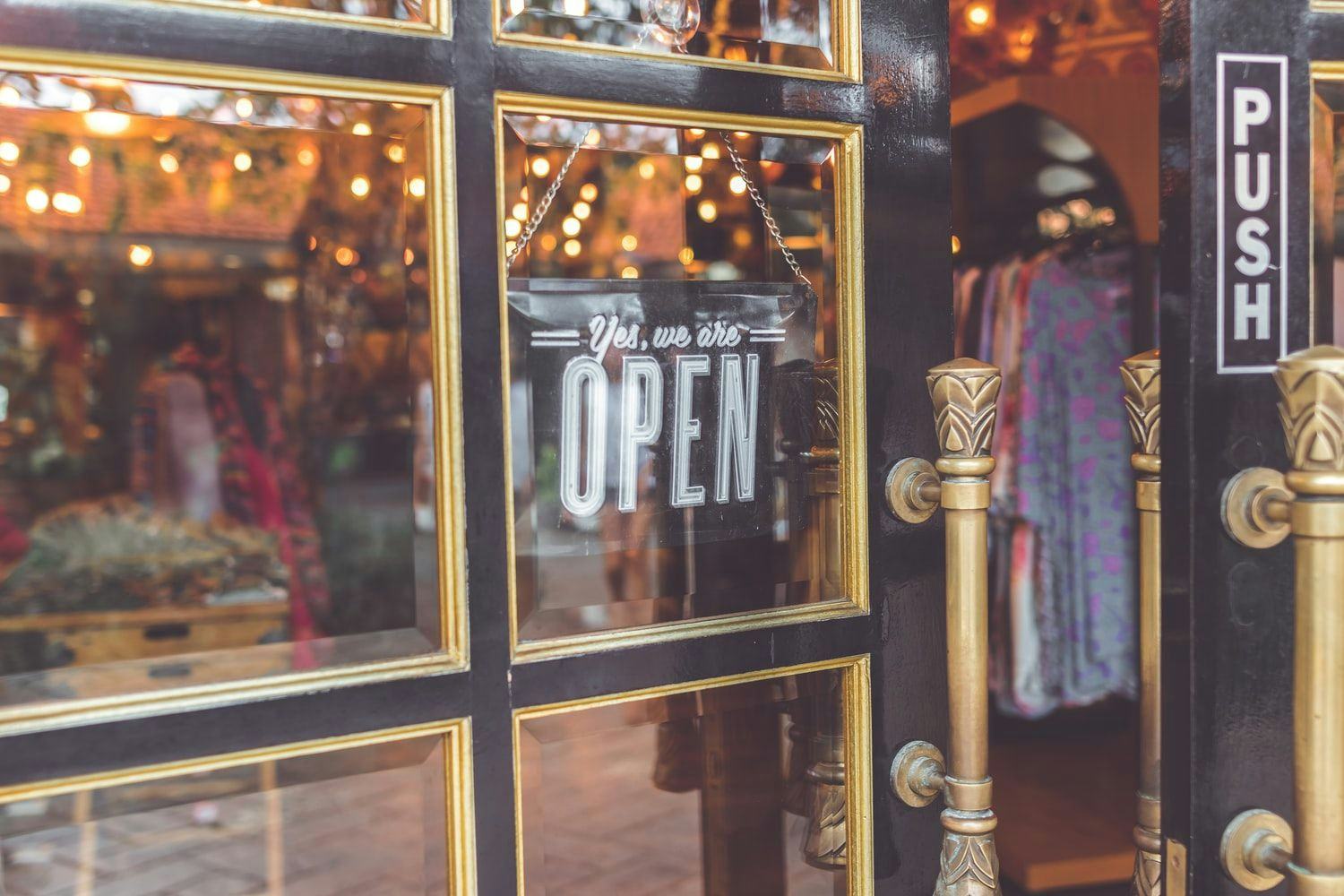Starting a new business is exciting, but it can be a little nerve wracking too. Besides developing a business plan, finding the capital you need to get started, and attracting customers, you’ll also need to deal with regulations and licensing requirements for your business. Depending on your business and where you’re located, you’ll need different licenses, and you might not even know where to begin. But in this guide, you’ll find everything you need to get started on your business license.
Why Do You Need a Business License (s)?
Getting a business license (or more than one) is legally required to make sure you are compliant with federal, state and even county guidelines for business operations. Even for businesses that are run out of your home, you’ll need a license to operate within the limits of your city. Jurisdictions use licenses to regulate businesses’ activities, manage taxes and keep customers safe. Operating a business without a license is illegal, and at the very least will cost you a fine. Sometimes, however, businesses can even be vulnerable to lawsuits or being shut down for not having a license or not renewing it in time. Don’t let a missing license stop you from running a successful business.

What Types of Business Licenses Are There?
There are federal, state and regional/city licenses for businesses in various industries. At minimum, you will need a city license, but you also may need a state or federal license depending on your business and where you are located. Although most licensing processes haven’t changed much during the pandemic, some cities are requiring a few extra steps. We wrote up a guide to permitting during COVID to help you understand business operations in the pandemic.
To find out what type of license you’ll need, start with researching your city’s requirements and look into higher level licenses from there; we can also help you get a business license with Skip.
There are many types of city and state licenses, but some common ones are:
- General Local Business License: All businesses need a local license to operate.
- Seller’s Permit: This license enables businesses to collect sales tax from their customers. Almost all businesses will also require seller’s permits.
- Peddler’s License: This license allows you to go door-to-door to sell goods.
- Food Handler’s license: This is required for businesses preparing and selling food.
- Gardening License: In some states, gardeners are required to have a specific license
- Cosmetology License: Everyone working in a salon must have a cosmetology license. These licenses are acquired by each individual hairdresser.
- Cleaning License: Some states require cleaning businesses to have a specific license.

Most businesses do not require a federal license, but there are a few types of businesses that do. They include:
- Alcoholic Beverages: Companies that serve, sell, import or manufacture alcoholic beverages will need a federal license from the Alcohol and Tobacco Tax Trade Bureau.
- Agriculture: Agricultural businesses need a license from the U.S. Department of Agriculture if they are transporting plants or animals across state lines.
- Maritime: Businesses that ship products over the ocean, or provide transportation on the ocean, need a license from the Federal Maritime Commission.
These are some of the most common types of licenses, but there are other specific license requirements that might apply to your business. You can check federal and state websites to find what licenses you need, or we can help you navigate the licensing process with Skip.
How Do You Get a Business License?
To get a license, you’ll need to gather some information about your business, apply for your license and pay the fees, and then display your license when it arrives. Here’s the process, step by step:
- Research license requirements and gather info: Research the licensing requirements for your business and what information you’ll need for the license. Most commonly, you’ll need your business name and address, your contact information, the number of employees in your business, your federal tax ID number (which you can apply for here), and an estimate of your annual sales.
- Apply for your license: You can probably apply online for your license, or mail your application materials. Check your local city website to confirm. You will need to pay a fee for your license, which ranges quite vastly, from about $50 to $1500. If you need help with your application forms, we can walk you through the process.
- Display your License: Your license will likely take a few weeks to arrive. Once it does, you should find a place to display it publicly in your business. It is required in almost every municipality in the country to have licenses visible to customers.
Taking the time to research and apply for the right license for your business is a vital step for any new business owner. It can be confusing, but with careful research you’ll be able to find everything you need. And of course, our team at Skip is always here to help.
Related Articles to Read
📌 Small business Grants of up to $20,000 - an EIDL Grant alternative
📌 Why improving your SEO as a small business is now more important than ever

